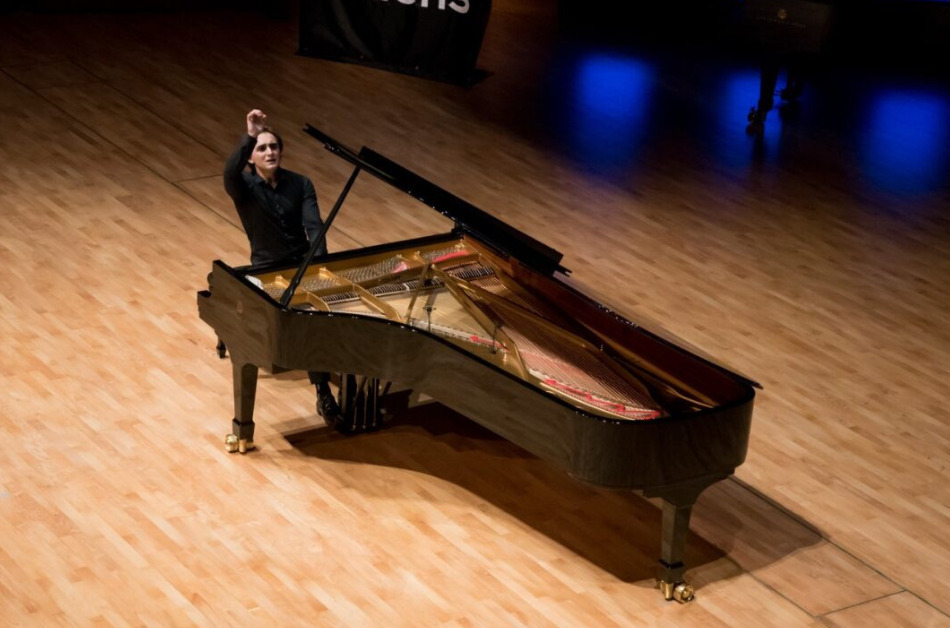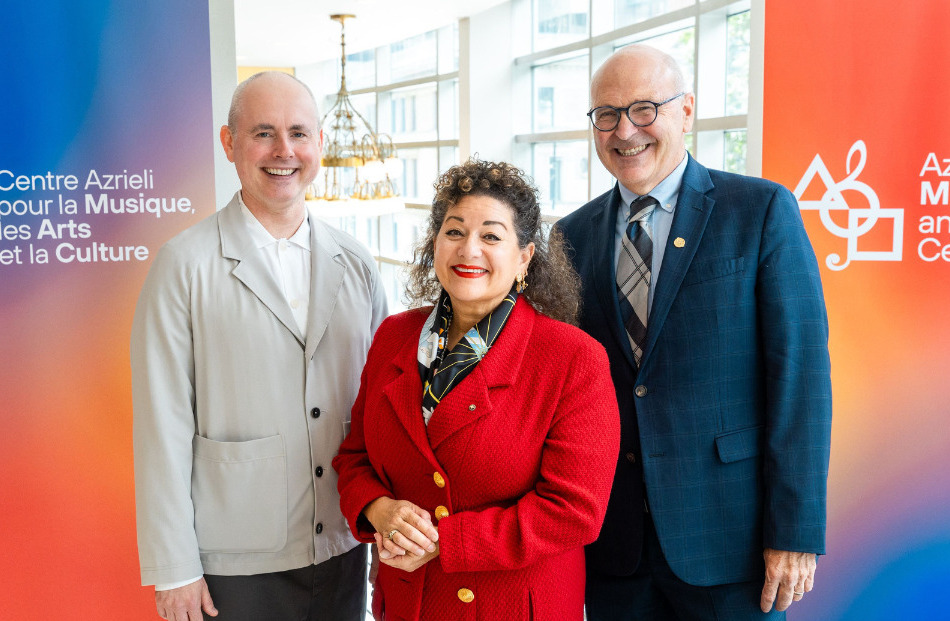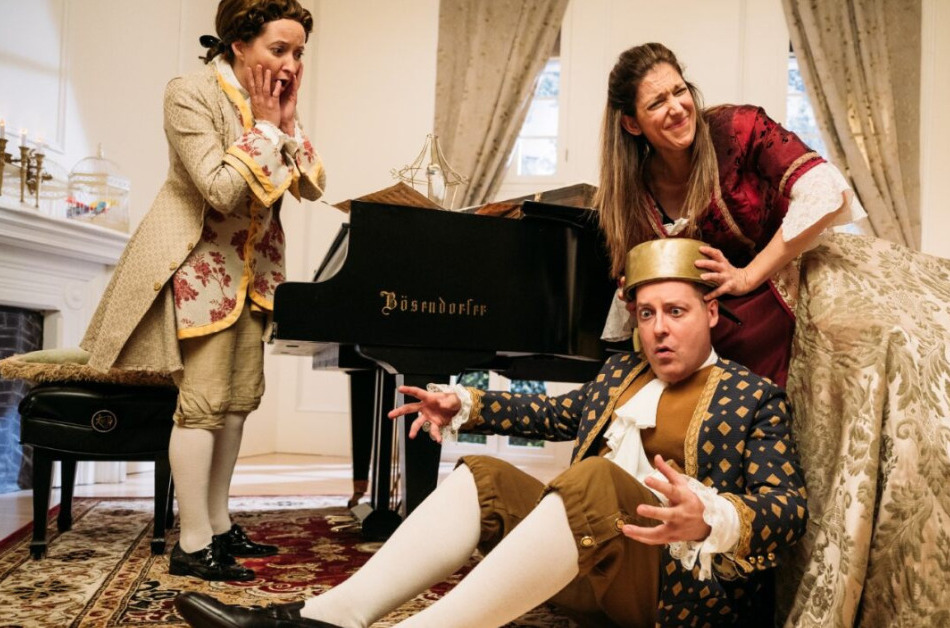Music is fundamental to human health.
According to research conducted by Johns Hopkins Medicine music keeps the brain engaged throughout the aging process and has the ability to reduce anxiety, blood pressure and pain while improving mood, mental alertness and memory. From a fun pop song to a meandering aria, music offers mind and body benefits across the lifespan particularly for those living with an illness or a neurological condition such as dementia.
Located in Port Perry, Ontario, Room 217 Foundation offers an innovative music care approach that has helped some 4000 caregivers use music as a therapeutic tool in settings such as hospices, hospitals and residential care homes. The idea for Room 217 came to Executive Director, Bev Foster, while caring for her own father at the end of his life.
“In his last few days in a hospital room #217, music filled the space for my family, and it was how we were able to say goodbye to dad,” Foster says. “That night, I left with two questions: Is there anything more powerful in life and death than music? Do caregivers have the resources they need to support their loved one with music?”
“Is there anything more powerful in life and death than music?”
– Bev Foster, Executive Director of Room 217 Foundation
And so, Room 217 Foundation was born and with it, MUSIC CARE a program that trains professional, volunteer and family caregivers to use music as they would any other therapeutic tool.
The Azrieli Foundation has been supporting MUSIC CARE since 2018; the program continues to be a natural fit as it crosses several of our priority areas including music and the arts, health and science, education and caregiving.
Recently, Room 217 developed a formal certification program, MUSIC CARE CERTIFY that provides organizations and individuals with research-based training on how to use music across the care landscape. Other educational programs extend to a practicum with McMaster University where students in the Bachelor of Health Sciences degree program engage in community-based research into topics related to music and health and then deliver those insights back to Room 217 for continued program development. MUSIC CARE CERTIFY is also offered in schools as a form of wellness practice for students.
“We’ve just scratched the surface,” says Foster. “My vision is to see music as care integrated and sustained in health and social care, as a more primary approach. By working together with other stakeholders and practitioners who share this value, I’m excited about the growing impact we can have together in changing the culture of care.”







